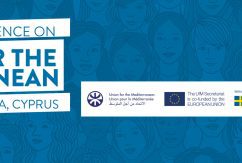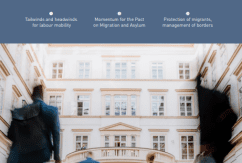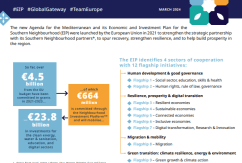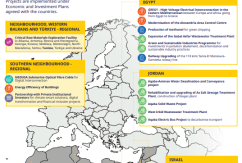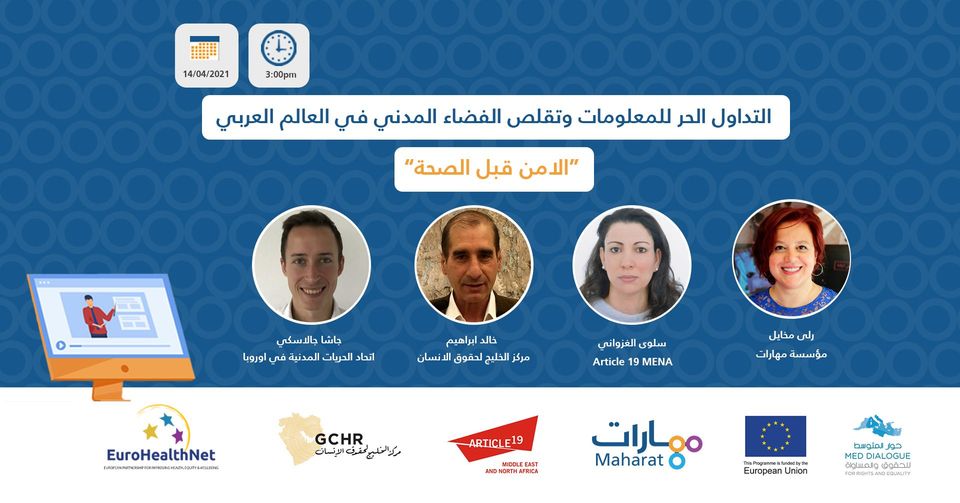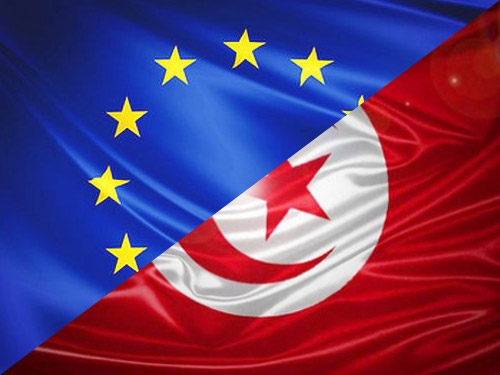Tunisia: environment, transport and energy, joint operational conclusions
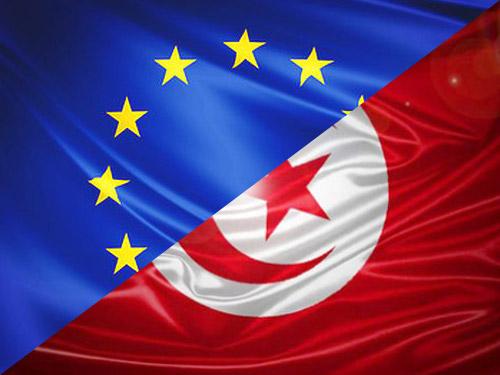

The conclusions of the 7th Sub-committee on “Environment, transport, and energy”, which took place in Brussels on 3 February, have been published by the EU Delegation in Tunis. The novelty here is that civil society (SCO) was consulted in advance of the event and its opinion was noted. The EU as well as the Tunisian authorities “emphasized the importance of this tripartite consultation”.
The EU and Tunisia confirmed their “determination to promote the active participation of civil society in environmental projects carried out within the framework of the Privileged Partnership. They recalled the importance they attribute to the presence of an active civil society in the environmental field and to taking its opinions into consideration”.
The sub-committees are joint thematic structures established under the terms of the Association Agreement.
Information about recent developments was exchanged between the partners on several subjects relating to the three themes. Operational conclusions have been published.
Among the points on the agenda was “environmental governance”, one of the axes of which is “cooperation with NGOs and (their) access to environmental information”.
During the consultation, civil society participants were “given the opportunity to raise questions and challenges that are at the core of their concerns, in particular regarding the status of the environmental situation”, as noted in an online document containing conclusions. The document in question also indicates that in regards to environmental matters, the SCOs “keenly wished for intensified dialogue and increased opportunities to meet with public authorities”. According to the same source, they “stressed the importance of a decentralized management of environmental issues”.
Consultation of civil society:
Operational advice:
Thematics
Environment & Climate change
Related news
Newsletter
Subscribe to receive our latest updates
News alerts
Personalise your news alerts subscription
© This project is funded by the European Union, 2024



